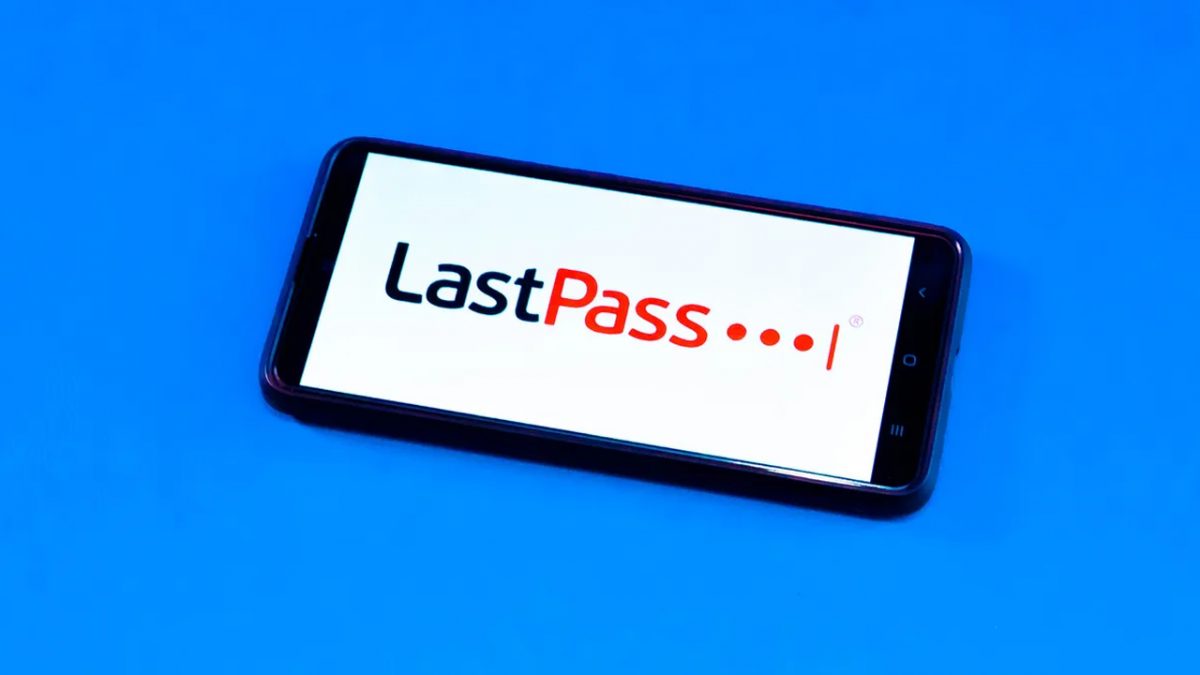Are you a LastPass user? This popular password manager was the target of a major data breach last December, which means many people’s passwords and personal data were exposed to nefarious entities.
According to LastPass CEO, Karim Toubba, there was a security incident in August that led to unauthorized parties stealing customer data in December. However, this is not a unique event for LastPass since it’s been having security incidents since 2011.
What kind of data was exposed? According to Toubba, hackers got their hands on unencrypted data such as LastPass usernames, company names, billing addresses, email addresses, phone numbers and IP addresses.
There was also vault data stolen, containing both unencrypted and encrypted information such as usernames and passwords for all visited sites.
Let’s pause for a second here. This is a password manager. They’re holding the keys to your kingdom, so to speak. Anyone sensible would think that they’d do well what they’re supposed to do, that is, storing your passwords securely.
Even more alarming is the fact that this has been happening since at least 2011, and nobody knows how many other undisclosed events might have happened so far.

What to do about it
If you’re a LastPass user, the first thing that comes to mind is switching to another service. However, the most pressing issue is to immediately change your passwords on any site you have visited. You have to assume there’s somebody out there with all your data, and possibly a lot of ideas on how to use it.
Even though the most sensitive data is encrypted, nothing prevents crackers from using brute force attacks on your information, even though it can take a long time for a good password to be cracked. According to LastPass, it could be millions of years, unless you have used “qwerty1234” or something similar.
Since the company has a history of security breaches, you might also consider visiting sites you no longer use but still have access to, just in case. You may think this is a colossal task, and it is. But it’s much better to be safe than sorry.
The best course of action is to start with the most important sites first. This means your passwords for online banking, e-commerce platforms, job-related sites, health services and anywhere where you may have critical private information stored.
Then you can go on to changing passwords for less critical sites such as newspaper subscriptions, online forums, etc. Don’t forget your phone apps, too, since many are permanently logged in. Finally, use 2-factor authentication. I know it’s a drag, but it’s the best way to prevent someone from accessing your account.
A “fun” fact about this security breach and LastPass is that, even though you may think your encrypted info is safe, it indirectly isn’t. This is because LastPass doesn’t encrypt your visited URLs, so hackers can see where you logged in, and whether you have login information saved. This paves the way for many social engineering tactics.
We live in a brave new world, folks. But with these recommendations, you’ll be in top shape to prevent major issues even if someone manages to get their dirty hands on your data.

Thank you for being a Ghacks reader. The post If You Use LastPass, You Need to Change All of Your Passwords ASAP appeared first on gHacks Technology News.

0 Commentaires